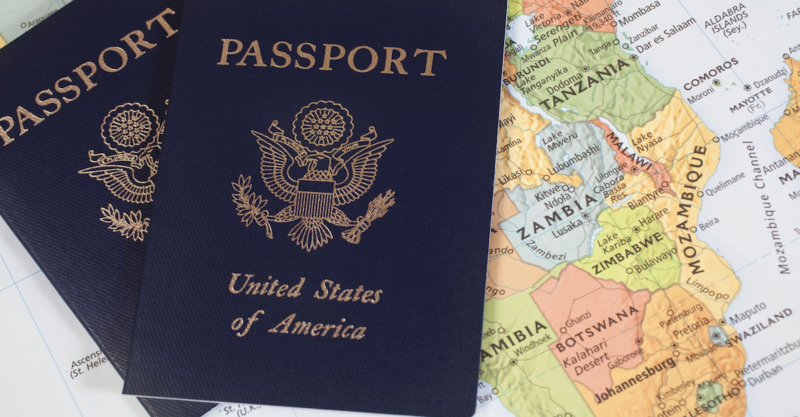
Elon Musk is one of the most famous entrepreneurs in the world. But if he hadn’t been able to make his way to Silicon Valley as a young man, it’s possible that you would have never heard of him.
Musk was born and raised in South Africa. And while South Africa is a really wonderful place (one of my favorites out of the 120+ countries that I’ve visited), it’s not exactly a world-dominating tech hub.
As a child, Musk was obsessed with technology. He taught himself to program and fantasized about going to Silicon Valley– he knew that’s where he could make his mark on the world.
At age 17, Musk realized that he could obtain a Canadian passport; although his mother Maye had spent nearly her entire life in South Africa, she was born in Canada and holds Canadian citizenship.
Canada’s nationality laws automatically extended citizenship to Elon as a result; even though his mother had barely spent any time in Canada, she was still a citizen, and hence her son Elon was a citizen too.
Elon filed the paperwork, and when he received his passport in the mail, he was on a plane three weeks later to live in Canada.
From there it became MUCH easier for him to enter the United States; he applied to study and was accepted to Stanford University, which made it easy to obtain a student visa in the US.
Later, once he started his first company, he was able to change to an employment visa, and eventually a Green Card.
And after a few years of legal US residency, Musk was eligible to apply for US citizenship as well.
So has a total of three passports (that we know about)–
1) South Africa, because he was born in South Africa to South African parents
2) Canada, because his mother was born in Canada and holds Canadian citizenship
3) United States, because he lived in the US as a legal resident for at least five years
Those last two are among the more common ways to obtain a second passport: through ancestry, and through legal residency. Musk did them both.
The ancestry option is difficult for some people who simply don’t have parents or grandparents from other countries.
But anyone can obtain second citizenship through residency. It’s merely a question of obtaining legal permission to live in a foreign country, waiting a few years, and then applying for naturalization.
Most countries grant citizenship to foreign residents who have lived in the country for a few years– though the period of time varies from place to place.
In the tiny country of Andorra (located high in the mountains between France and Spain), it can take up to 20 years before foreign residents are eligible to apply for naturalization.
But some countries will naturalize citizens after just TWO years of residency. And in some special situations, even less.
For example, Argentina will allow legal foreign residents to apply for citizenship after two short years of living there.
That’s incredibly fast.
Brazil is another interesting option; foreigners who move to Brazil and have a child there will be eligible to apply for naturalization after just ONE year of legal residency.
In addition, any child born on Brazilian soil will obtain Brazilian citizenship from birth. So the entire family– parents, newborn, and even other children you might have under a certain age– can all become Brazilian.
This is one of the cheapest and fastest ways to obtain citizenship for an entire family.
(Sovereign Man: Confidential members can review the case study we did of a family who followed these exact steps to obtain Brazilian passports for their entire family.)
There are very few things in life that we can do which carry extensive generational impact. Obtaining a second citizenship like this is one of them– your grandchildren’s grandchildren will be able to inherit your second passport and benefit from the actions you take today.
But Brazil and Argentina aren’t the only options out there. And if you don’t have a year or two on your hands, you’re in luck.
Several countries in the Caribbean will give citizenship to an entire family of four in just five months in exchange for a $150,000 donation.
You don’t even need to live there – you just have to apply and come pick up your passport in person.
You could, of course, choose to live in your new Caribbean home and enjoy some of the world’s lowest tax regimes.
(US citizens can use the Foreign Earned Income Exclusion to exclude over $100,000 from the income they declare to the IRS while living abroad).
Whatever you decide, a second passport makes a lot of sense.
It opens up new doors for you to live, work, travel and do business.
And depending on the country you pick, you might even enjoy a tropical paradise and low taxes.
But no matter what happens, with a second passport, you’ll always have a place to go in the world, no matter what happens in your home country.
A second passport is the ultimate insurance policy.
And it’s something I recommend everyone to consider.
If you are interested in this obtaining a FAST second passport, my team put together a free, comprehensive article on a few FAST second passport options that you can read here.
